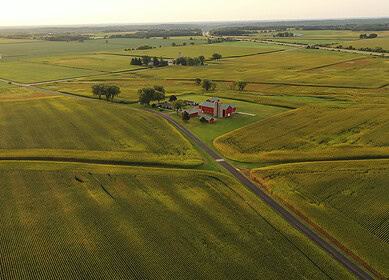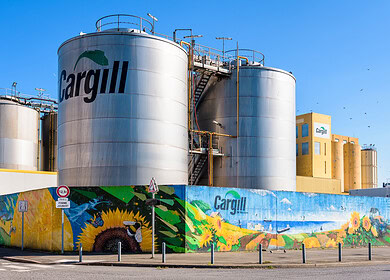Cargill and University of Minnesota team up for groundbreaking winter camelina and pennycress research

Cargill and the University of Minnesota’s Forever Green Initiative have announced a partnership to advance research on winter camelina and domesticated pennycress. This collaboration focuses on developing high-performing seed varieties and farming techniques suited for the unique growing conditions of the Upper Midwest, USA.
Cargill will leverage its expertise in crop improvement—including trait discovery, high throughput genotyping, genomic selection, trait development, and cellular biology—to enhance the diverse genetics provided by the University of Minnesota. The use of these technologies is expected to expedite the development and commercial release of improved camelina and pennycress varieties.
This initiative builds upon a previously announced $2.5 million philanthropic grant from Cargill to the University, aimed at accelerating research into crop biology and management.
“This support from Cargill will take our breeding and genomics work to the next level and help us develop even better varieties of camelina and pennycress for farmers in Minnesota and beyond,” said Mitch Hunter, associate director of the Forever Green Initiative. “We are incredibly grateful to Cargill for this very generous research partnership.”
Winter camelina and domesticated pennycress, planted in the fall and harvested in the spring, are typically grown as intermediate oilseed crops that provide soil cover. These crops have the potential to address key sustainability challenges in agricultural supply chains, including water quality, soil health, and ecosystem improvements. They can be used in rotation with corn and soy or following small seed crops like wheat.
The high oil content of these crops presents an emerging revenue opportunity as cash crops, driven by increasing demand for low-carbon intensity feedstocks. The seed oil can be refined into drop-in replacements for low-carbon transportation fuels such as sustainable aviation fuel and renewable diesel.
“Winter camelina and pennycress have incredible potential to aid in the decarbonization of the global transportation system and support a more sustainable food system,” said Lyle DePauw, crop innovation director for Cargill.
Additional opportunities for farmers to explore winter camelina as a viable option will be available starting August 1, as Cargill expands its pilot program.
Enjoyed this story?
Every Monday, our subscribers get their hands on a digest of the most trending agriculture news. You can join them too!















Discussion0 comments